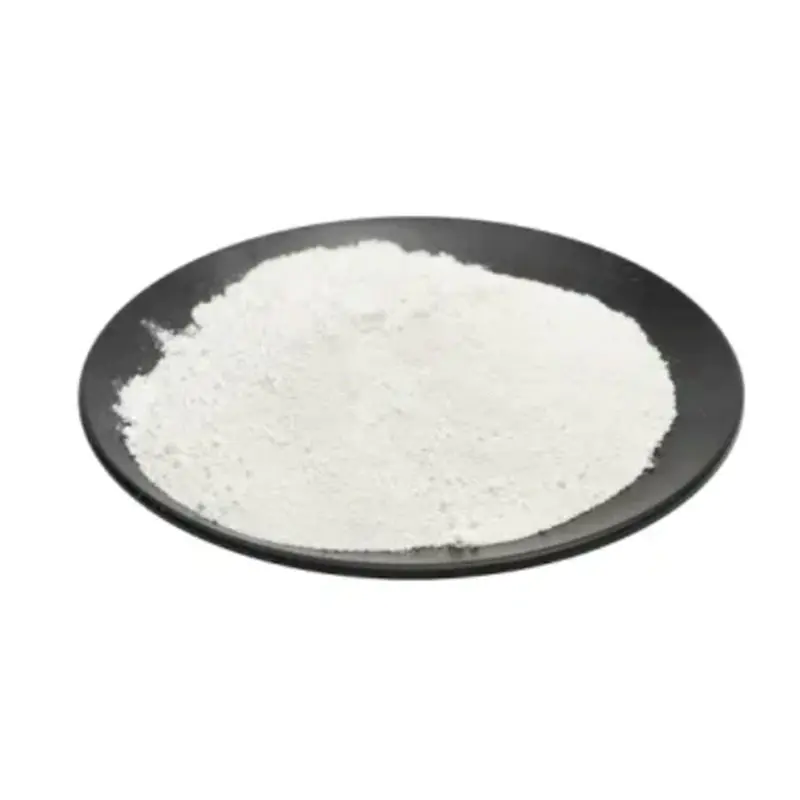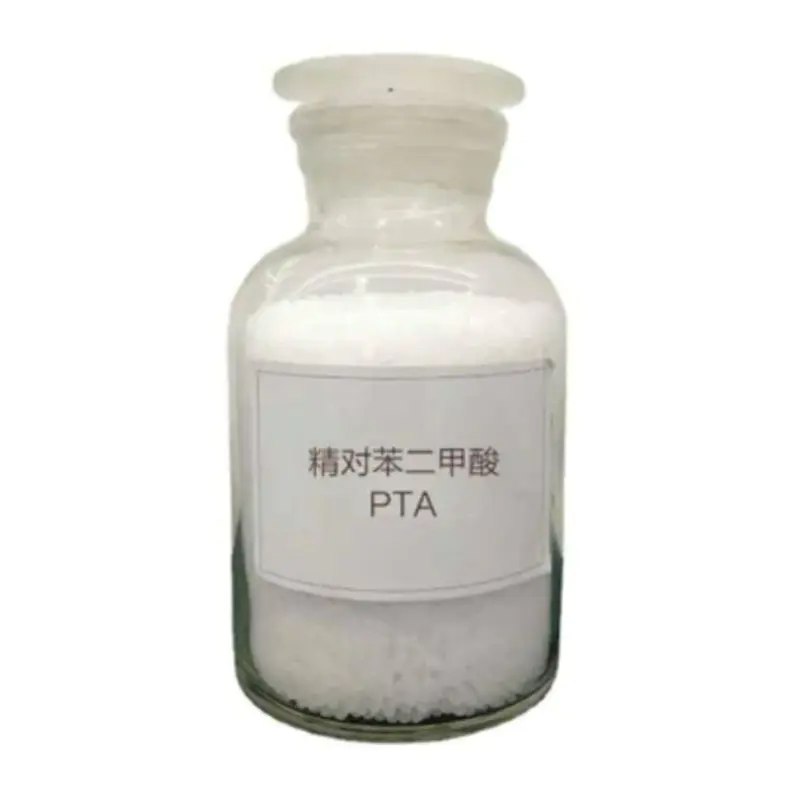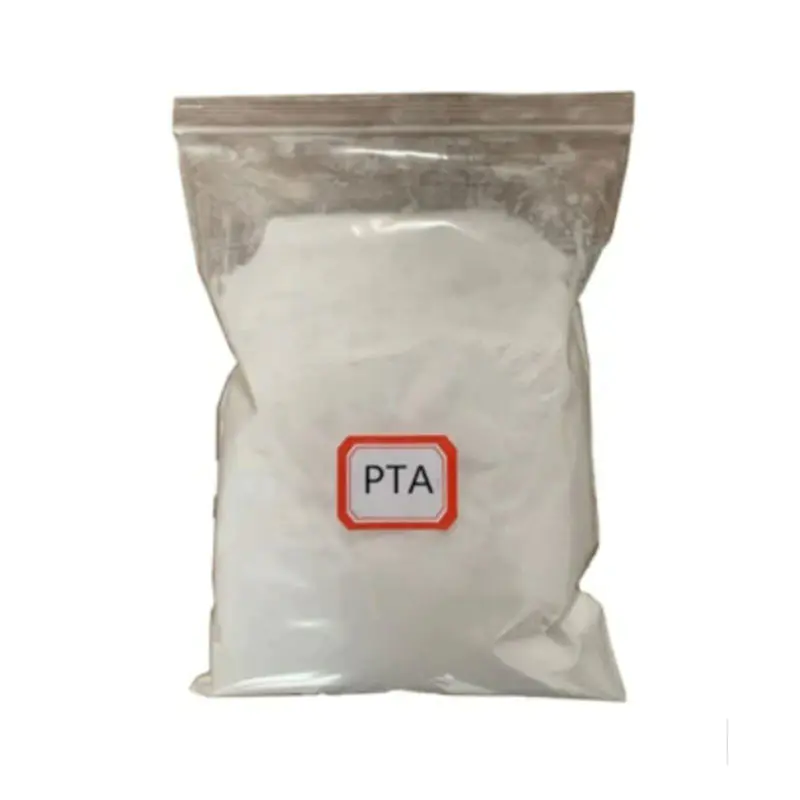Businesses are increasingly using eco-friendly substitutes as environmental sustainability gains more attention on a worldwide scale. Recycled polyester (rPET), a sustainable fabric created from recycled plastic waste, such PET bottles, is one example of such an innovation. Recycled polyester contributes to waste reduction, carbon emission reduction, and resource conservation by reusing existing plastic components. This blog examines the ways that recycled polyester materials help create a more environmentally friendly world.
Reducing Plastic Waste
One of the most significant advantages of using recycled polyester is its role in reducing plastic pollution. Millions of plastic bottles end up in landfills or oceans every year, posing a serious threat to marine and terrestrial ecosystems. By converting these bottles into rPET fabric, the fashion and textile industries help divert plastic waste from the environment and promote a circular economy.

Lowering Carbon Footprint
Producing recycled polyester requires significantly less energy than manufacturing virgin polyester. Studies show that rPET production can reduce greenhouse gas emissions by up to 75% compared to conventional polyester. This reduction in carbon footprint helps combat climate change by decreasing reliance on fossil fuels and lowering overall industrial emissions.
Conserving Water and Energy
Traditional polyester production is resource-intensive, requiring vast amounts of water and energy. In contrast, recycled polyester manufacturing consumes less water and energy, making it a more sustainable alternative. With water scarcity becoming a growing global concern, switching to rPET supports responsible water usage.
Reducing Dependence on Petroleum
Virgin polyester is derived from petroleum, a non-renewable resource with high environmental costs. By opting for recycled polyester, industries can decrease their dependence on fossil fuels, reducing the demand for new petroleum extraction and minimizing associated environmental degradation.
Encouraging a Circular Economy
Recycled polyester promotes a closed-loop system where materials are continuously reused rather than discarded. This shift from a linear "take-make-dispose" model to a circular economy helps extend the lifespan of resources, reduces waste generation, and fosters more sustainable production practices.
Recycled polyester materials offer a practical and impactful solution to environmental challenges by reducing plastic waste, lowering carbon emissions, conserving resources, and promoting a circular economy. As industries and consumers embrace sustainable choices, rPET plays a crucial role in building a greener and more responsible future. By supporting recycled polyester products, we can all contribute to a more sustainable planet.
Shanshan resources group is a professional manufacturer and global distributor of chemical products, which belong to Shanshan Enterprise. Shanshan has been listed in China's top 500 enterprises for 20 consecutive years since 2002, and ranks 373rd with a sales volume of 53.1 billion yuan in 2021.Visit our website at www.nbssres.com to learn more about our products. For inquiries, you can reach us at kevin-hk@outlook.com.







